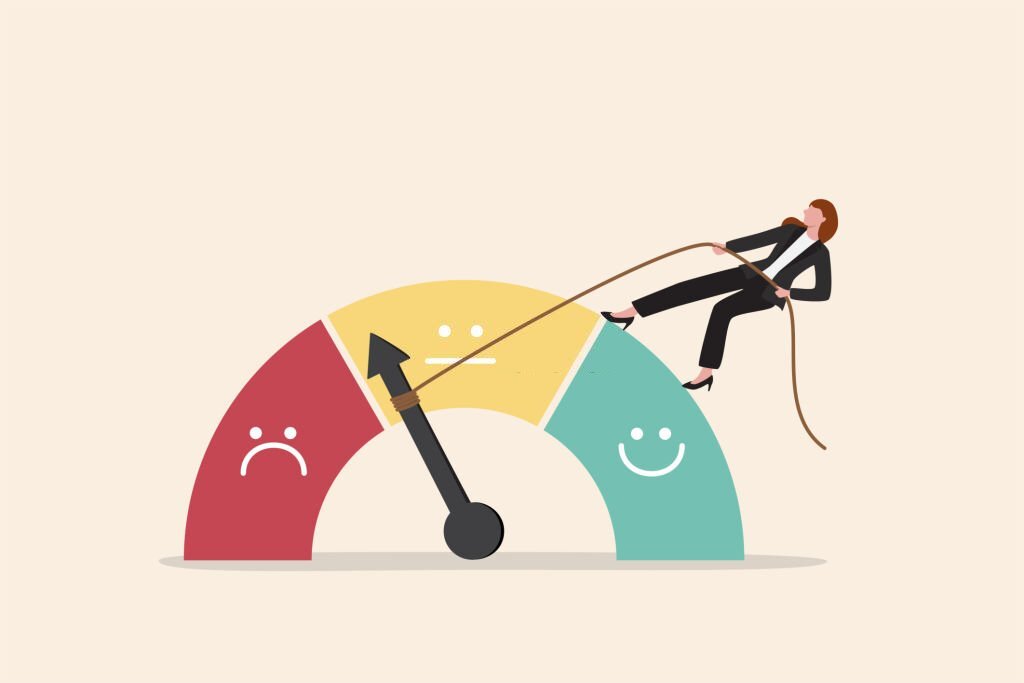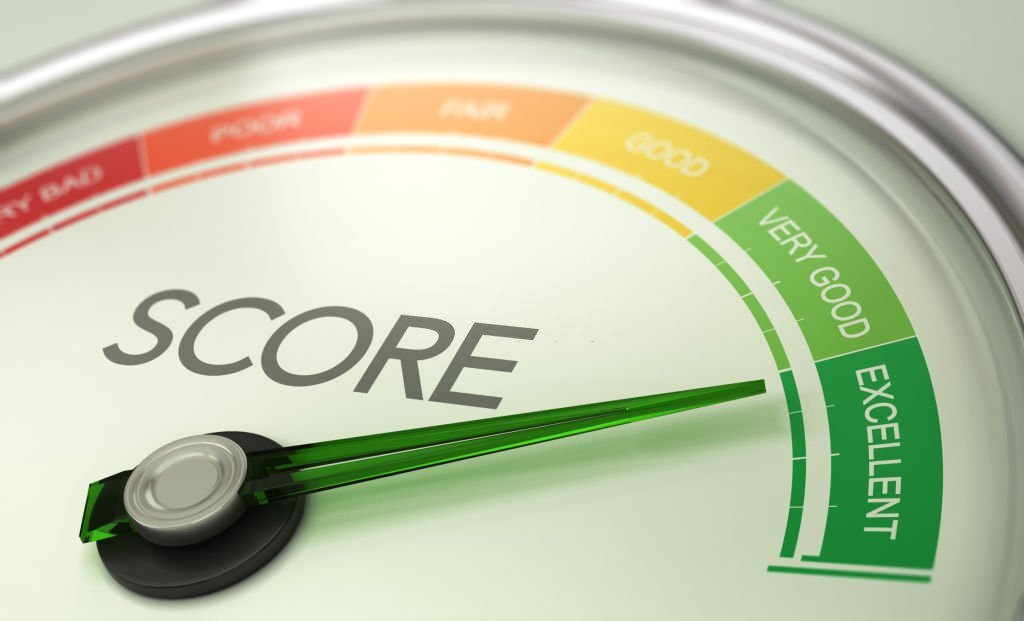Maximizing Your Credit Score: Tips and Tricks for Success
Introduction
Your credit score plays a crucial role in your financial life. It determines your ability to secure loans, the interest rates you’ll be offered, and even the opportunities available to you. To achieve financial success, it’s important to maximize your credit score. In this article, we will provide you with valuable tips and tricks to help you improve and optimize your credit score.

What is a Credit Score?
Before we delve into the tips and tricks, let’s first understand what a credit score is. A credit score is a three-digit number that represents your creditworthiness. It is calculated based on various factors such as your payment history, credit utilization, length of credit history, types of credit accounts, and recent credit inquiries. A higher credit score indicates a lower credit risk, making you more attractive to lenders and creditors.
Why is a Good Credit Score Important?
Having a good credit score opens doors to numerous financial opportunities. It enables you to secure loans and credit cards with favorable terms and lower interest rates. A high credit score also enhances your chances of renting an apartment, obtaining insurance, and even landing a job. By maximizing your credit score, you gain greater control over your financial future.
Tips and Tricks for Maximizing Your Credit Score
1. Check Your Credit Report Regularly
Regularly monitoring your credit report is vital for maintaining a healthy credit score. Obtain free copies of your credit report from the three major credit bureaus (Experian, Equifax, and TransUnion) and review them for any errors, discrepancies, or fraudulent activities. Disputing and correcting these inaccuracies can help improve your credit score.
2. Pay Your Bills on Time
Consistently paying your bills on time is one of the most critical factors in maximizing your credit score. Late payments can have a severe negative impact, so ensure you meet all payment deadlines. Setting up automatic payments or reminders can help you stay organized and avoid late payments.
3. Keep Your Credit Utilization Low
Credit utilization refers to the percentage of your available credit that you are currently using. Keeping this percentage low demonstrates responsible credit management. Aim to utilize no more than 30% of your available credit. For example, if your credit card has a limit of $10,000, try to keep your balance below $3,000.

4. Don’t Close Old Credit Cards
The length of your credit history is a crucial factor in your credit score calculation. Closing old credit card accounts can shorten your credit history and negatively impact your score. Instead, keep these accounts open, especially if they have a positive payment history. However, make sure to monitor them for any potential fraudulent activity.
5. Don’t Apply for Too Much Credit at Once
When you apply for new credit, such as credit cards or loans, it triggers a hard inquiry on your credit report. Multiple hard inquiries in a short period can raise red flags and lower your credit score. Limit the number of credit applications you submit and space them out over time.
6. Consider a Secured Credit Card
If you have a limited credit history or a low credit score, obtaining a traditional credit card may be challenging. In such cases, a secured credit card can be an excellent option. Secured credit cards require a cash deposit as collateral, making them more accessible to individuals with lower credit scores. Responsible use of a secured credit card can help you build or rebuild your credit score.
7. Keep Your Credit Cards Active
Even if you don’t use a credit card frequently, keeping it active is beneficial for your credit score. Make small purchases with your credit cards from time to time and ensure you pay off the balance in full each month. This activity demonstrates responsible credit management and contributes positively to your credit history.

8. Consider a Credit Builder Loan
If you have limited credit history or a poor credit score, a credit builder loan can help you establish or rebuild your credit. With a credit builder loan, you borrow a small amount of money, typically held in a savings account. As you make regular payments, the lender reports your payment history to the credit bureaus, helping to improve your credit score over time.
9. Work with a Credit Counselor
If you’re struggling with debt or need personalized guidance on improving your credit score, consider working with a credit counselor. Credit counselors can provide expert advice, help you create a budget, negotiate with creditors, and develop a customized plan to maximize your credit score.
10. Be Patient
Improving your credit score takes time and consistent effort. Building a strong credit history and optimizing your score won’t happen overnight. Be patient, stay committed to responsible financial practices, and over time, you will see positive changes in your credit score.
Conclusion
Maximizing your credit score is a crucial step towards financial success. By implementing the tips and tricks outlined in this article, you can take control of your credit and improve your financial standing. Remember to regularly check your credit report, pay your bills on time, keep your credit utilization low, and consider alternative credit-building options. With perseverance and patience, you can achieve a high credit score and unlock a world of financial opportunities.

FAQs
1. How often should I check my credit report?
It is recommended to check your credit report at least once a year to identify any errors or discrepancies. However, if you’re actively working on improving your credit or suspect fraudulent activity, consider checking your credit report more frequently.
2. Will opening a new credit card hurt my credit score?
Opening a new credit card can have a temporary negative impact on your credit score due to the hard inquiry. However, with responsible credit card usage and on-time payments, the positive effects, such as increased credit availability and improved credit mix, can outweigh the initial dip in your score.
3. Can I improve my credit score quickly?
Improving your credit score is a gradual process that requires consistent effort and responsible financial behavior. While there are no overnight solutions, following the tips and tricks outlined in this article can help you see positive changes in your credit score over time.
4. What should I do if I have a low credit score?
If you have a low credit score, don’t despair. Start by assessing your credit report for errors, create a budget to manage your finances, and focus on making timely payments. Consider seeking guidance from a credit counselor who can provide personalized advice based on your unique situation.
5. How can a good credit score benefit me?
A good credit score opens doors to better financial opportunities. It increases your chances of being approved for loans and credit cards, allows you to secure lower interest rates, and can positively impact your ability to rent an apartment, obtain insurance, or even secure employment.






